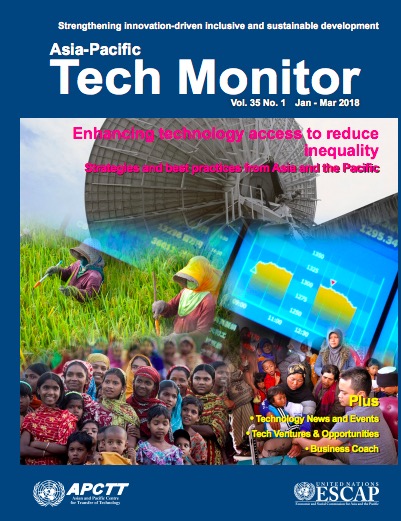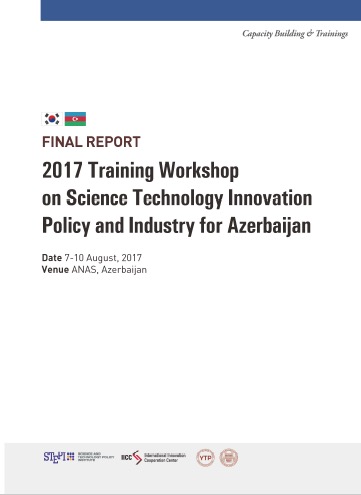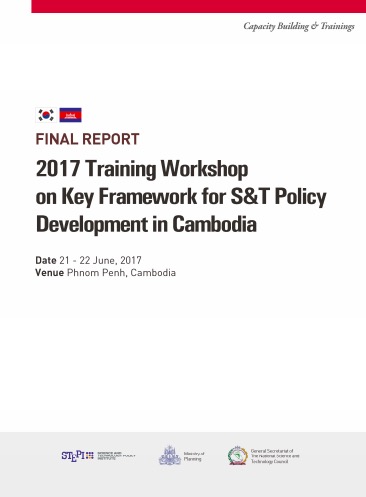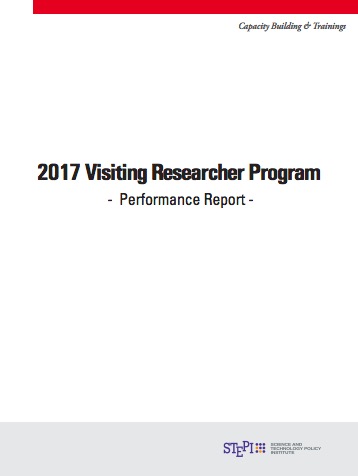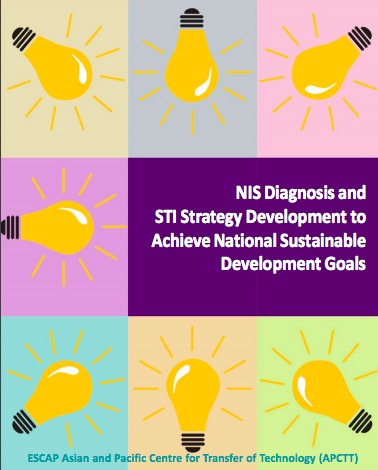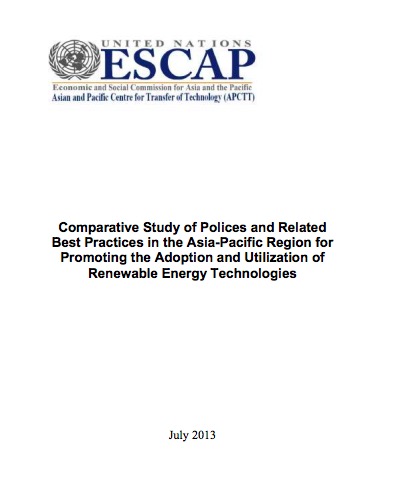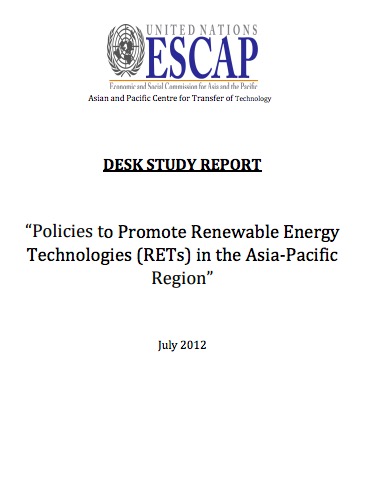Events & Publications on the topic: STI and SDGs
Committee on Information and Communications Technology & Science, Technology and Innovation, Second session
ADB-ESCAP Workshop on Promoting E-commerce in Asia and the Pacific: a Holistic Approach
Asia-Pacific Tech Monitor
The Asia-Pacific Tech Monitor is a quarterly periodical of the Asian and Pacific Centre for Transfer of Technology (APCTT) that brings you up-to-date information on trends in technology transfer and development, technology policies, and new products and processes. The Yellow Pages feature the Business Coach for innovative firms, as well as technology offers and requests.
Final report 2017 Training Workshop on Key Framework for S&T Policy Development in Cambodia
The Royal Government of Cambodia(RGC) has made great progress in economic growth, poverty reduction and human development, mainly from its agriculture, garment, construction, and tourism sectors. Like this, the economy of Cambodia at present follows an open market system and has seen rapid economic progress in the last decade. Currently, Cambodia emphasized the strategic vision of the government in shifting agriculture-dependent economy to a broad-based industrial and S&T-oriented economy.
2017 Visiting Researcher Program Performance Report
The Science and Technology Policy Institute(STEPI) has played a key role in the development of S&T policies as a global think-tank for science and technology and innovation policy research. The demand for learning Korea’s economic development experience has rapidly increased in the developing countries. Particularly, the researchers have a great demand for research on development through the comparative study of science, technology and innovation policy.
NIS Diagnosis and STI Strategy Development to Achieve National Sustainable Development Goals
This manual describes the process of adopting a National Innovation System (NIS) framework, and evolves strategies to strengthen the process of creating and diffusing new technologies and innovation within a nation state’s economy. While innovation can be created without research, the increasing globalization has not reduced the importance of NIS framework in national economy. The framework maps out the institutions and incentive system that support technological change within a nation.
Comparative Study of Polices and Related Best Practices in the Asia-Pacific Region for Promoting the Adoption and Utilization of Renewable Energy Technologies
The increased demand and surge in energy prices in the Asian energy markets has renewed the concerns of governments, businesses, and individuals regarding the rapidly depleting fossil fuel resources and expensive methods of generating electricity to meet the growing demand.
DESK STUDY REPORT “Policies to Promote Renewable Energy Technologies (RETs) in the Asia-Pacific Region”
Renewable Energy has been growing at rapid rates in the recent past. This growth has mainly been triggered by concerns of climate change, projected depletion of fossil fuels and consequent need for energy security. Another major reason is the need for energy access to millions of people-mostly in developing countries-who have been deprived of this vital economic input. According to latest estimates, renewable energy supplied an estimated 16.7% of energy consumption in 2010.

